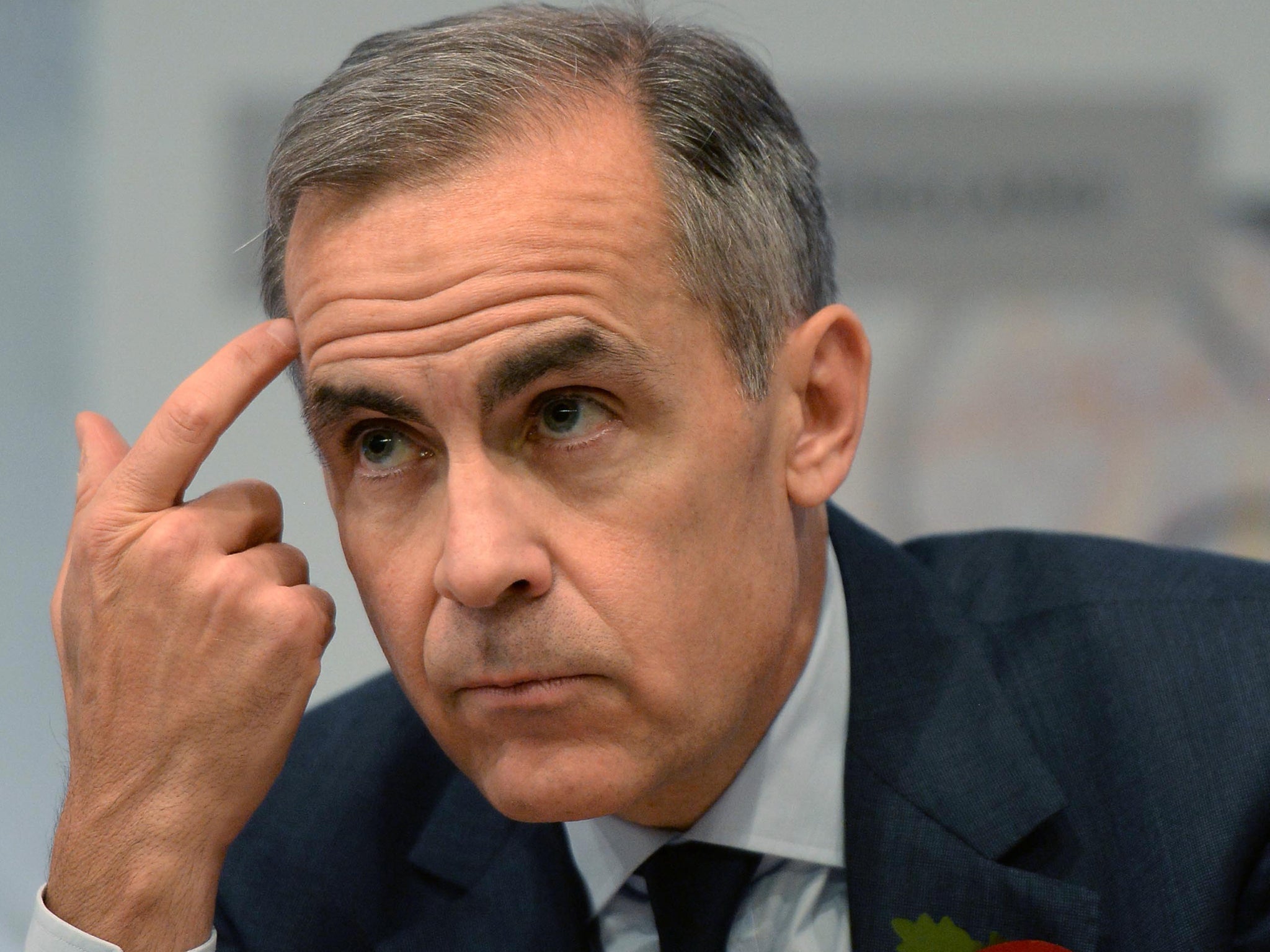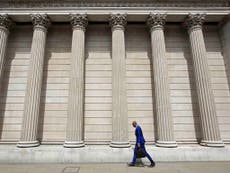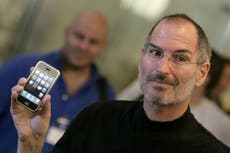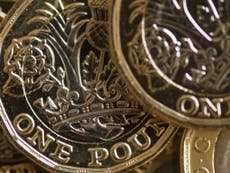The rise in interest rates indicates that we are heading for a Brexit-induced economic meltdown
In the Foreign Office sits an overfed baby who reportedly sticks his fingers into his ears and sings the national anthem when issues, such as the damage to the UK’s professional services industry that a chaotic Brexit would do, are raised


The Bank of England’s decision to raise interest rates to 0.5 per cent – the first such move in more than a decade – was in reality about as surprising as picking up a hot sparkler on bonfire night without gloves and getting burnt as a result.
It was talked of in the City as a racing certainty and the Bank’s Monetary Policy Committee (MPC), which did nothing to damp down the speculation, duly delivered the expected result.
The real action, the fireworks if you like, came from what the Bank’s governor Mark Carney had to say about the future.
The smart boys and girls in the City who were banking on “one and done”, and had put their money on that, were smiling as the pound took a bath at the end of his press conference.
Carney said that he might normally expect to have to make two further rate rises over the next couple of years to bring inflation back to the Bank’s 2 per cent target.
That time horizon has been extended to three because these are not normal times, nor anything like them.
Brexit looms large over everything, like the monster from Stranger Things. It might yet force Carney and his colleagues to reverse course and run for cover even more quickly than the five months it took the MPC to change direction after the last interest rate rise back in 2007.
That abrupt change of tack was instituted as it became clear that what was at first known as “the credit crunch” was developing into a full-blown financial crisis that would strangle the British economy.
The crisis may yet be made to look like little more than a summer squall when compared to the hurricane force of Brexit.
The last interest rate rise was, in hindsight, a mistake. One has to have a certain amount of sympathy with Mark Carney, however, when he said he preferred not to talk not of errors, but of “nimble responses to changing conditions”.
The crippling uncertainty wrought by Brexit leaves him and his colleagues in a thoroughly invidious position.
Even if a transition deal is agreed, and some clarity starts to emerge on what Britain’s trading relationships will look like after that, in the coming months he admitted that the MPC can’t be sure about what impact that will have on inflation, and thus the future direction of monetary policy.
The Bank is guided, as much as anything else, by the economy’s component parts; you, and me, and the businesses that employ us, expect things to pan out, and how that informs our behaviour.
Caution is the watchword at the moment, but most businesses, and most people, expect a deal to be reached in the end.
Mark Carney said some 50 per cent of UK businesses believe Brexit will have an impact upon on them and about half of them expect that to be “material”. But the great majority of them are planning on the basis that there will ultimately be a deal done, and that Britain will move through a transitional phase and on into a future trading arrangement that they might not love, but could at least live with.
Consumers are currently wary, but they are, when all is said and done, more or less in the same boat. Sure there’ll be a few bumps in the road, but in the end it’ll all get sorted out!
Will it? The City isn’t so sanguine. Its analysts and forecasters, paid to gaze into crystal balls and make predictions about the future, think the chances of the UK crashing out chaotically are still very high.
The negotiations have not been going well. In the Foreign Office sits an overfed baby who reportedly sticks his fingers into his ears and sings the national anthem when issues, such as the damage to the UK’s professional services industry that a chaotic Brexit would do, are raised.
Boris Johnson is a relative moderate when compared to the unlovely coalition of ideologues, liars and fundamentalists in Brexit’s vanguard. Some of them don’t just see crashing out as what Brexit Secretary David Davis termed a “negotiating position”. They actively want it, and care little for the impact it will have on Britain’s economy.
They are not in a majority. They do not have a majority in the House of Commons, or anything like it. But they are a powerful force.
This, in part, explains the fall in the pound. The Bank says that, as things stand, the UK economy can’t grow much faster than a torpid 1.5 per cent without inflation rearing its ugly head. As we’re now more or less there, interest rates have been raised to cool it down.
If the doomsayers are right, and they might very well be, the rise could prove to be as mistaken as the last one was. A bad Brexit will throw UK plc and all its component parts into the freezer.







Join our commenting forum
Join thought-provoking conversations, follow other Independent readers and see their replies